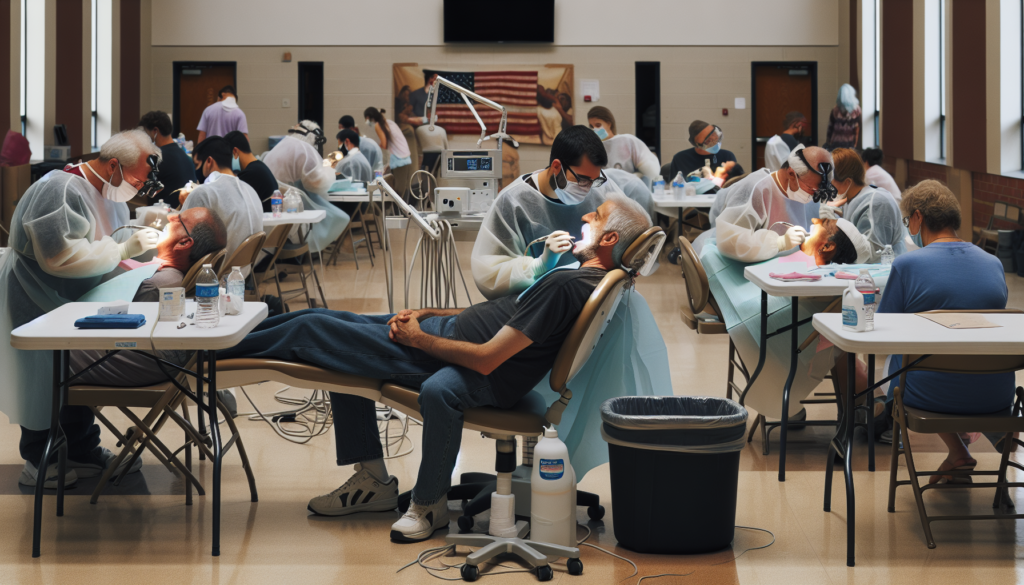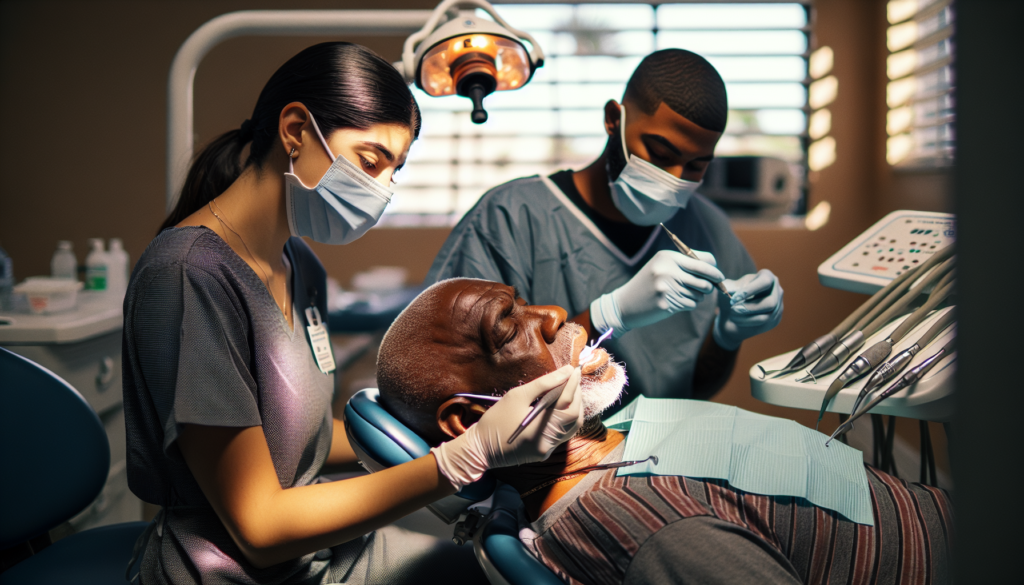Improving Community Dental Services Careers and Combating Workplace Abuse
The Crucial Role of Community Dental Services in the UK
Community Dental Services (CDS) play a vital role in delivering oral healthcare to individuals who may not easily access mainstream dental care — including children, older adults, and people with complex medical or social needs. These dedicated teams are the unseen backbone of public dentistry, ensuring that compassion and clinical excellence reach every corner of the community.
Yet behind their commitment lie persistent workforce challenges and the need for stronger support structures that nurture long-term careers and wellbeing. The British Dental Association (BDA) has increasingly highlighted these issues, urging systemic change to protect staff and strengthen the workforce for future generations.
Understanding the Challenges in Community Dental Services Careers
CDS professionals often enter the field driven by purpose — the desire to provide equitable oral health care. However, they face multiple obstacles that can hinder both career satisfaction and professional growth.
Barriers to Progression
- Limited career pathways: Many clinicians and dental care professionals report a lack of progression beyond core grades, reducing motivation and retention.
- Funding constraints: Public sector systems often limit access to training and leadership opportunities due to budgetary pressures.
- Unequal recognition: CDS professionals sometimes perceive their roles as undervalued compared to colleagues in general dental practice or hospital services.
These barriers contribute to a fragmented career structure that can dishearten even the most passionate specialists. Without clear advancement routes, the service risks losing skilled staff at a time when demand for care continues to grow.
Workplace Abuse in Dental Settings: A Hidden but Serious Issue
While dentistry is rooted in empathy and care, workplace abuse remains a distressing reality for some professionals. Abuse in the workplace can take many forms — from verbal aggression by patients or colleagues to emotional manipulation and systemic bullying.
Workplace abuse in dentistry not only affects the individual’s mental health but also disrupts team cohesion, reduces job satisfaction, and ultimately impacts patient care quality. Many incidents go unreported due to fear of stigma, reprisals, or lack of formal mechanisms to address complaints.
“One incident of workplace abuse is one too many. Dentistry must stand united in safeguarding respect and dignity across every clinic.”
— British Dental Association (BDA)
BDA Initiatives to Improve CDS Career Pathways and Staff Protection
The BDA has been vocal in its commitment to transforming how the community dental workforce is supported. Key initiatives include:
- Career Pathway Frameworks: Designing structured progression plans so professionals can see tangible routes for growth within CDS roles.
- Professional Development Support: Expanding continuing professional development (CPD) access and peer mentoring networks.
- Advocacy on Workplace Abuse: Championing zero-tolerance policies for bullying and harassment, ensuring clear reporting procedures and accountability.
- Collaboration with NHS and Local Authorities: Working together to address structural inequalities and secure long-term workforce investment.
By focusing on professional respect and safer working conditions, the BDA’s measures emphasize that a healthy workplace is not a luxury — it’s a necessity for sustainable dentistry.
Creating a Supportive and Respectful Workplace Culture
Positive workplace culture directly influences staff retention, morale, and quality of care. To cultivate compassion and respect within dental teams, employers and leaders should prioritize communication, accessibility, and shared values.
Building Trust and Psychological Safety
- Open dialogue: Encourage regular feedback sessions where staff can express concerns without fear of judgment or retaliation.
- Leadership example: Senior clinicians should model respect, empathy, and transparency in every team interaction.
- Mental health support: Providing access to counseling, peer support, or wellness programs helps sustain long-term emotional resilience.
When employees feel heard and valued, they perform better and contribute to an environment of collective excellence. Respectful communication should be woven into the fabric of dental teams — not treated as an optional training session.
Strengthening Career Progression Opportunities in CDS
Developing clear and motivating career pathways is one of the most effective ways to retain talent and boost job satisfaction.
Training and Development Pathways
- Continuous Professional Development: Encourage team members to engage in CPD that aligns with their career goals, including advanced clinical techniques or leadership qualifications.
- Mentorship Initiatives: Senior staff mentoring newcomers promotes confidence and practical growth in complex community settings.
- Recognition and Reward Systems: Celebrating milestones and achievements fosters a sense of belonging and professional pride.
Structured professional development not only benefits individuals but also increases system efficiency. Empowered dental professionals deliver higher-quality care, adapt more readily to change, and serve as role models for future recruits.
The Future of Community Dental Services: Empowerment, Growth, and Compassionate Care
The future of CDS relies on empowerment — both professional and emotional. With robust BDA guidance, fair policy implementation, and supportive local leadership, the community dental workforce can evolve into a resilient and respected branch of dentistry.
The emphasis should be on creating environments where learning never stops and respect is the default. Staff wellbeing, career growth, and patient outcomes are interlinked. A thriving workforce translates directly into compassionate, consistent patient care.
Conclusion: Building a Better Future for CDS Professionals
Community Dental Services represent one of the most meaningful areas in public health — blending empathy with skill to deliver care to those who need it most. To sustain that impact, stakeholders must continue prioritizing career development, respect, and protection from workplace harm.
By reinforcing structured training, honest communication, and zero tolerance for abuse, dentistry can progress toward a culture where every professional feels safe, supported, and valued.
Together, leaders, clinicians, and organizations can build a brighter path where service and self-respect go hand in hand — ensuring a healthier profession and, consequently, healthier communities.
Frequently Asked Questions
1. What are Community Dental Services (CDS)?
Community Dental Services provide oral healthcare to individuals who may not access standard dental settings, often due to special needs, medical conditions, or social barriers.
2. Why is workplace abuse in dentistry a growing concern?
Workplace abuse affects dental staff wellbeing, undermines teamwork, and can compromise patient safety. A greater focus on reporting mechanisms and respect-driven policies helps prevent such issues.
3. How is the BDA helping improve CDS careers?
The British Dental Association advocates for structured career pathways, professional development opportunities, and anti-abuse policies to ensure safer, more fulfilling workplaces.
4. What steps can clinic leaders take to improve workplace culture?
Leaders can host regular feedback sessions, prioritize mental health resources, and set examples through empathy, communication, and transparency.
5. How does career progression benefit both staff and patients?
When dental professionals have growth opportunities and clear recognition, they stay motivated and deliver higher-quality, compassionate care — leading to stronger patient trust and satisfaction.
Post Disclaimer
DentalUp is for educational purposes only and cannot accept personal dental information such as x-rays, photos, or treatment details. See full disclaimer here.





